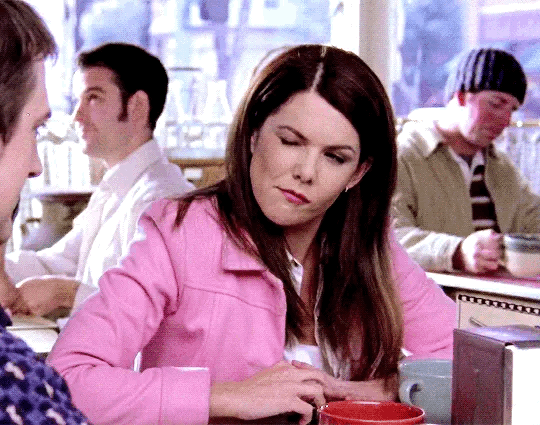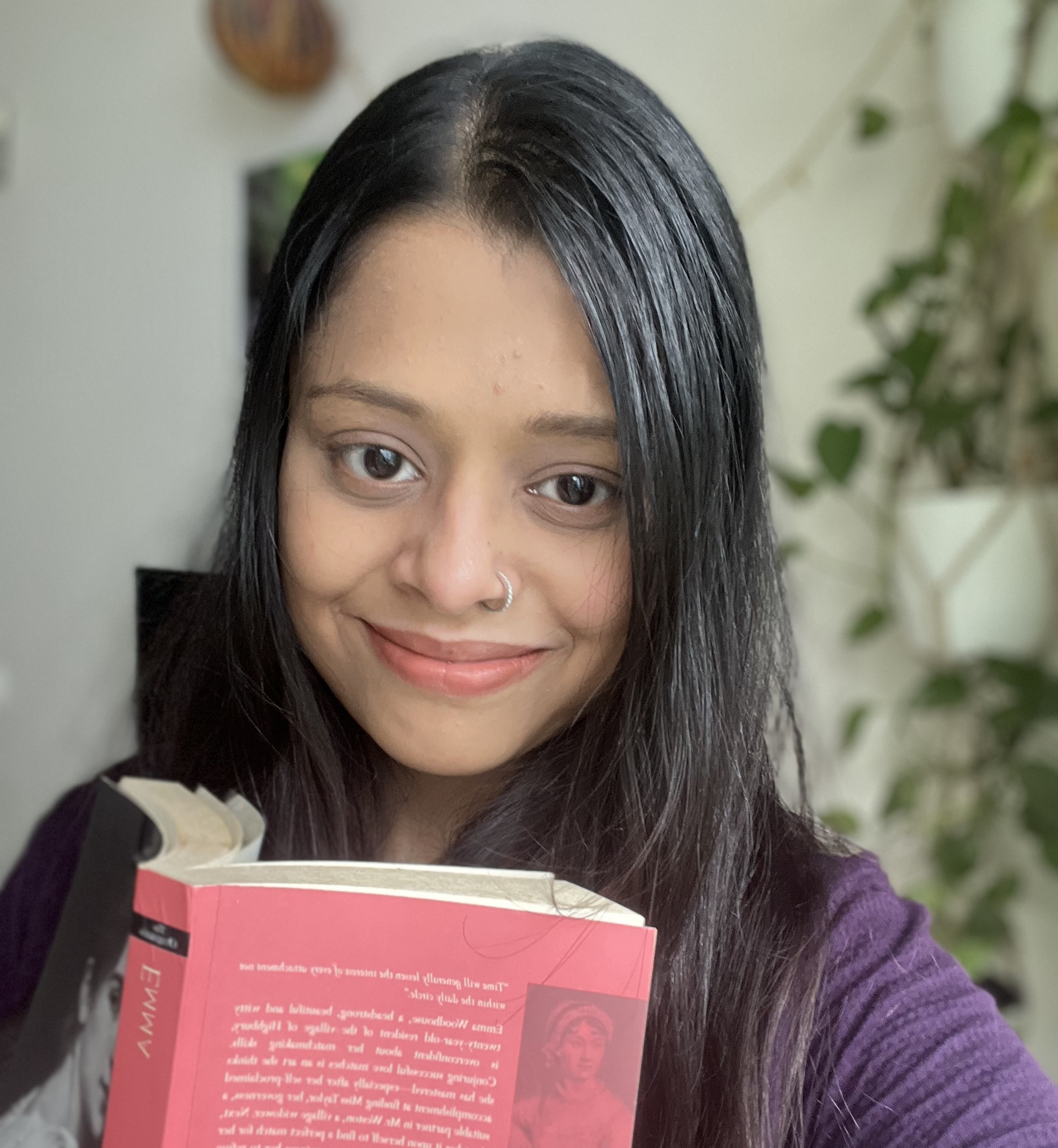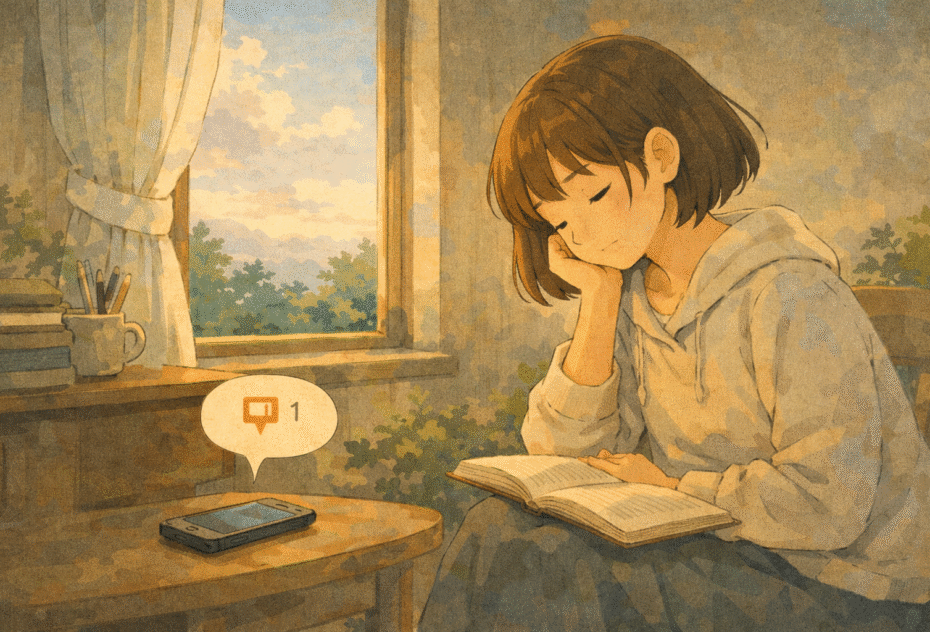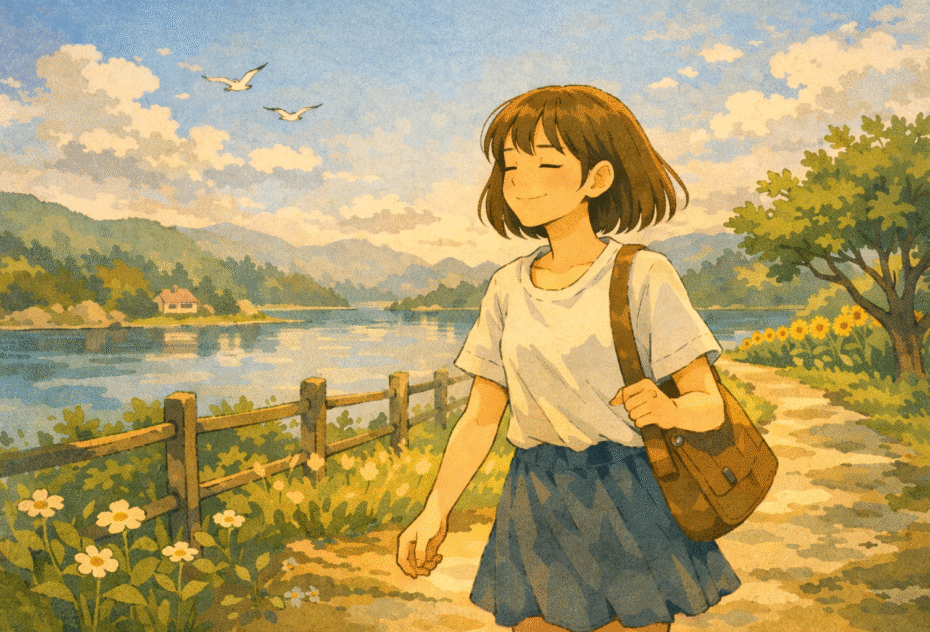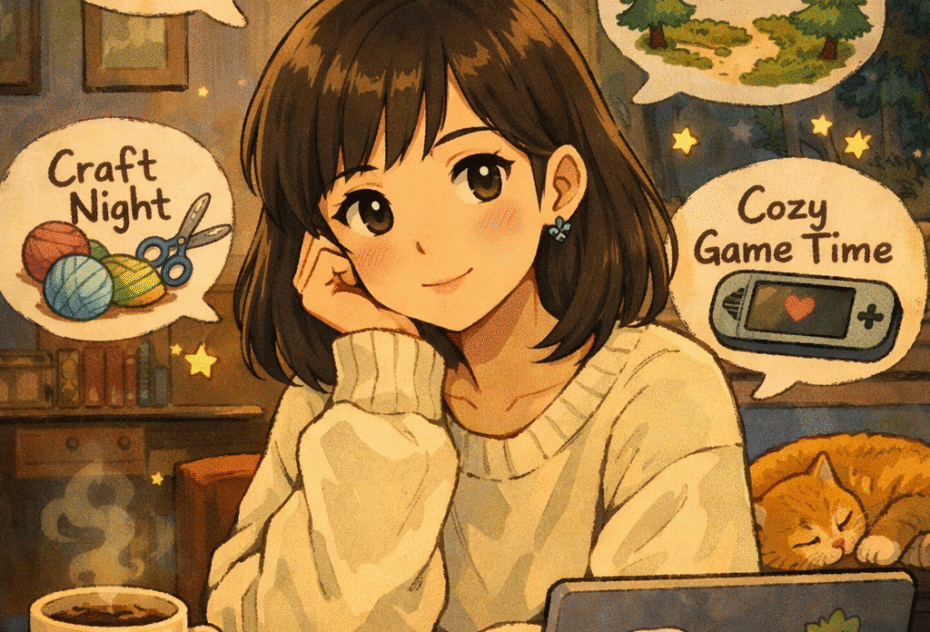What I learned in my 20s
- by Namrata Das Adhikary
- September 12, 2025
- 0
- 95
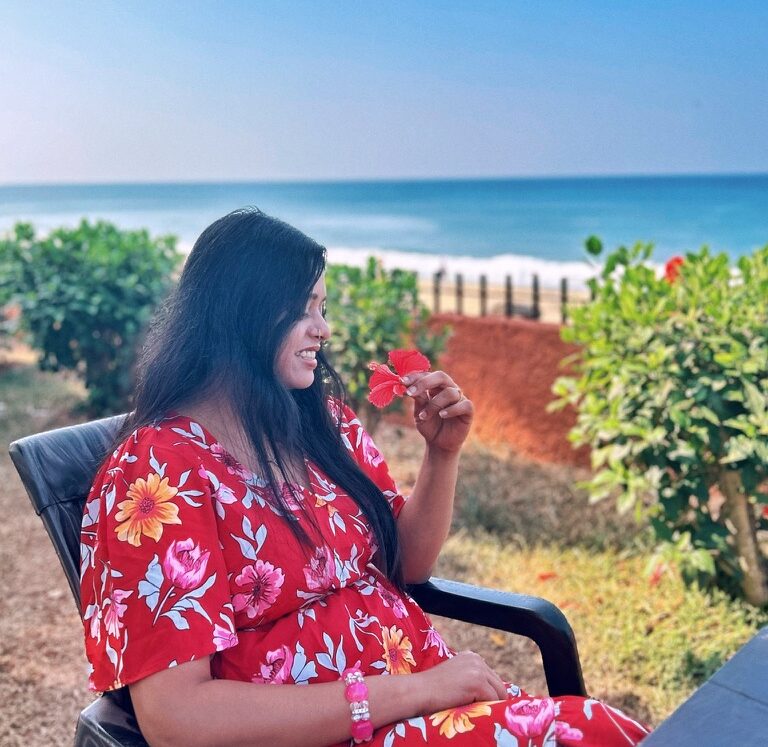
A few months ago, I completed another orbit around the sun, reaching an age when Lorelai Gilmore was already mothering a teenager. Strangely enough, a 30-year old mother is often considered older than a 35-year old single woman. That’s just how societal perspectives are wired.
Today, at 30, if I were single, still exploring love in all the wrong places, nurturing the ‘it girl’ inside of me – I would’ve been universally described as a go-getter. But thanks to how life has how panned out for me recently, I’d be seen as anything but a “girl”. Motherhood strips you of that label.
Coincidentally, my pregnancy arrived at the exact crossroads of bidding goodbye to my “roaring 20s” (technically, wasteful 20s) and bidding hello to the “oldish” 30s. Regardless, the past decade has been much about learning and unlearning about life and relationships. So here’s my two cents.
Nobody is thinking about you
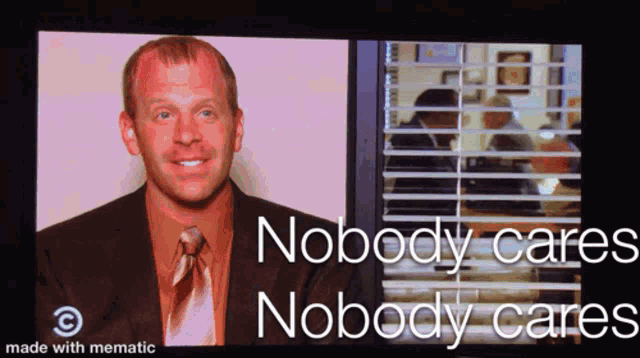
My 20s turned me into an over thinker. Inferiority complex, fear of judgement, and inability to move past embarrassments made it difficult to just be. There wasn’t a single day when I wouldn’t play imaginative scenarios in my head, fighting undue thoughts around how the superficial world perceives me. It was only recently that I realised NO ONE really cares. Even when people are quick to judge, they do so to fill their own unproductive days with fleeting observations.
I started asking myself – When was the last time I spent a whole day thinking about what my random co-worker Kiara did? What she wore? How she forgot her lines last week? I didn’t. And I don’t. So why would anyone else think about me that way?
That presentation that didn’t go as per your plan? That fumble that made you question your capabilities? That dress that didn’t pass the vibe check? Most people barely notice. So live uninhibited. Because nobody’s watching as closely as you think.
You can either please the world or please yourself
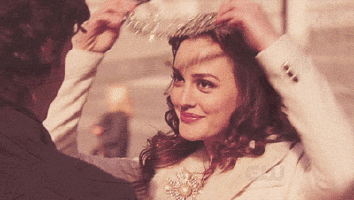
The giver in me has always felt an invisible pressure to please the world. I’d feel guilty for not responding with kindness, even when the other party was rude. I’d feel the urge to give in, say yes, and act out of pressure — lest they would be offended. For majority of my 20s, I don’t remember saying comfortably No to things I didn’t want to part of. I would lose out on energy, patience, and time on things or people I don’t value or hold close.
As soon as my mother crossed her 50s, I’d often see her blunt. She would be cold even, in situations that didn’t go her way. I would think of her as a bit too harsh and outright most of the time. I’d judge her for it, quietly resenting the way she responded to people, sometimes even feeling uncomfortable being associated with her. But growing older has its way of shifting your lens. Over time, I too became disillusioned by how selfish the world can be. Soon, I realised that being a giver is best done with conditions. It’s okay to be a giver, as long as it comes with genuine happiness and joy, not obligations. Deep down, I knew it wasn’t me. I always seek returns on investment, and I’m not quite charitable as a person. I want reciprocation. So if your kindness comes with terms and conditions, it’s best to embrace it and stop burning yourself out by being endlessly generous. If people are offended, so be it.
Your parents are also living their age for the first time
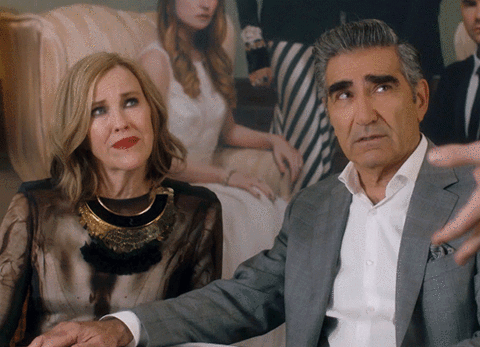
As soon as you step out of the womb, you’re already in love with your parents. They’re your world. You’d come back from school, dying to share with your mother what unfolded throughout the day. You seek your father’s approval on every little decision.
But as soon as you’re a teenager, you start hating your parents. They are the villains of your story. Your friends take precedence. Your parents are suddenly uncool oldies who are nothing but obstacles. Till you’re 25 again — and suddenly, you miss them. This is the exact trajectory that unfolds in the life of most humans. In your mid-20s, you start noticing the crevasses, the imperfections, and their misjudgements. You start realising that throughout their lives, they’ve only been trying to be good parents, while finding their own sense of self at their age. They don’t know it all, and it’s okay.
Respect people’s boundaries if you want yours to be respected
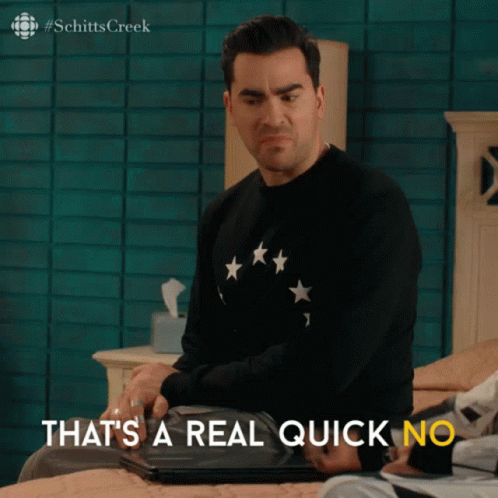
As an Indian, boundaries are almost non-existent. Most millennials barely had a room that they could keep locked for more than an hour. The walls in most Indian households and relationships are quite thin. People can comment on your weight, your choices, and any aspect of your life for unsolicited advice. Elders would taunt you day in and day out and expect you to be respectful. Friends would make impromptu plans and expect you to rearrange your day at their will. People would feel the pressure to ask for their own borrowed money back, lest the borrower would be offended. Bosses would expect you to pick up the call at 9pm and reward you with a gift card for being employee of the month.
In fact, if an Indian wedding invite says ‘6 pm’, nobody would arrive before 9pm because that’s how everybody is. And nobody is offended. People judge you for arriving in time. That’s the state of affairs.
But without boundaries, is life really your own? I still have to make a solid excuse to cut short the call ‘cause “bye, I just need to go about my day” is considered rude. We’re so comfortable with overstepping, overstaying and over involving ourselves in each other’s lives in the name of _sanskaar_ and friendship that it sucks. When everything is everybody’s business, nothing is sacred or ever peaceful. So if you want your own space and boundaries to be honoured, you need to start by honouring others’.
Ego only gives you temporary power
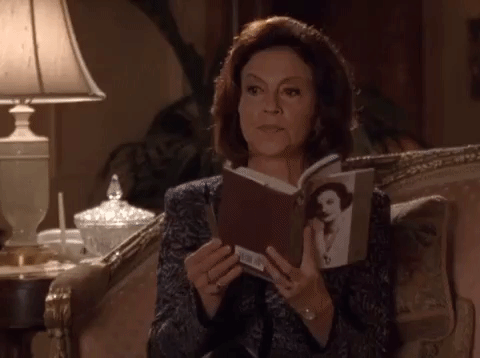
I’m someone whose ego is as small as a seed. But it’s safe to say that I’ve lived and co-existed around people with ego as tall as skyscrapers. And I’ve always wondered why. I’ve seen it destroy friendships, love stories, and family bonds. Even as I have never casted my ego on most people, I’ve often been on the receiving end of it. And it sucks to be on the other side. Because more often than not, there is no reason.
Relationships break because of that one unsaid sorry. Friendships blur because both parties were too full of themselves to reach out first. Marriages fall apart because none of the two would bow down to accommodate the companion’s wish. Although, I’d never encourage being at the mercy of someone’s ego – ‘cause it’s often a weapon for narcissists to make you do as per their wish. But it’s important to know that having ego as your default mode of self-preservation will cost more than give. If you let your ego win, you lose.
Life doesn’t come with a rulebook; but with slow-burning moments, decision paralysis, and often emotionally exhausting experiences. If there’s anything that we should do, is to be open to learning and unlearning at every step.
So here it is. Not advice. Just… a human trying. My two cents.


